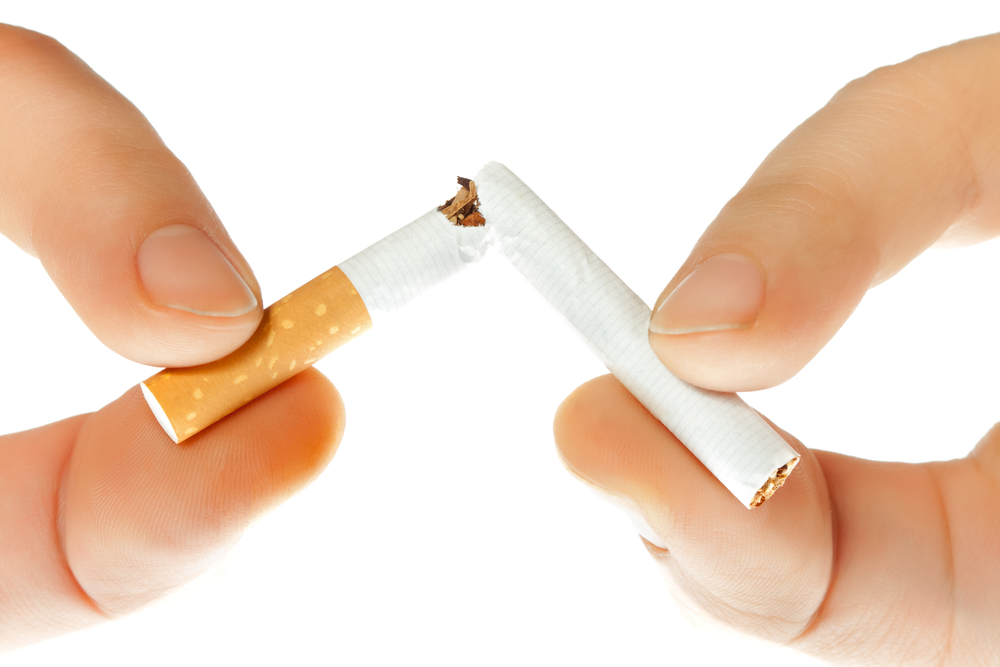Symptoms
The signs and symptoms of nicotine withdrawal can start within 30 minutes of your concluding use of tobacco and depends upon your stage of dependency. Factors such as how long you have used tobacco and the way you use a lot of tobacco everyday will influence the severity of your symptoms.
The symptoms of nicotine withdrawal for people who smoke include the following:
- Extreme desire for nicotine
- Tingling within the hands and feet
- Sweating
- Nausea and stomach pain
- Cramping
- Constipation and gas
- Headaches
- Coughing
- Sore throat
- Insomnia
- Problems concentrating
- Anxiety
- Irritability
- Despair
- Weight gain
Symptoms of withdrawal for individuals who use chewing tobacco are comparable. They include:
- Depressed mood
- Difficulty sleeping
- Problems concentrating
- Feeling restless
- Irritability
- Protracted hunger or weight gain
- Slower heart rate
Symptoms of nicotine withdrawal usually lasts from two days to a few days.
Your cravings are driven by nicotine receptors in the brain. These receptors are activated by your earlier nicotine use. The receptors will make you feel the necessity to continue smoking. Disregarding these receptors leads to the withdrawal symptoms.
However, as you ignore them, they tend to vanish. Withdrawal signs typically go away in two to four weeks. Some people may experience nicotine withdrawal for several months.


